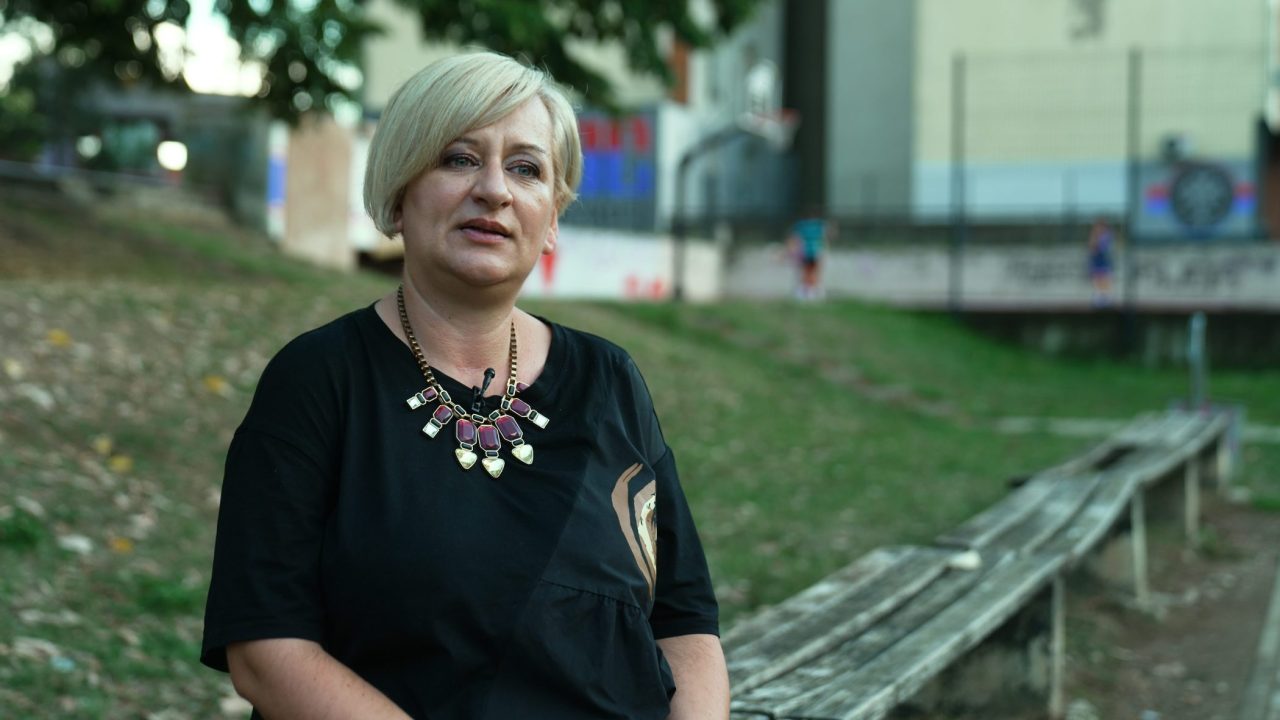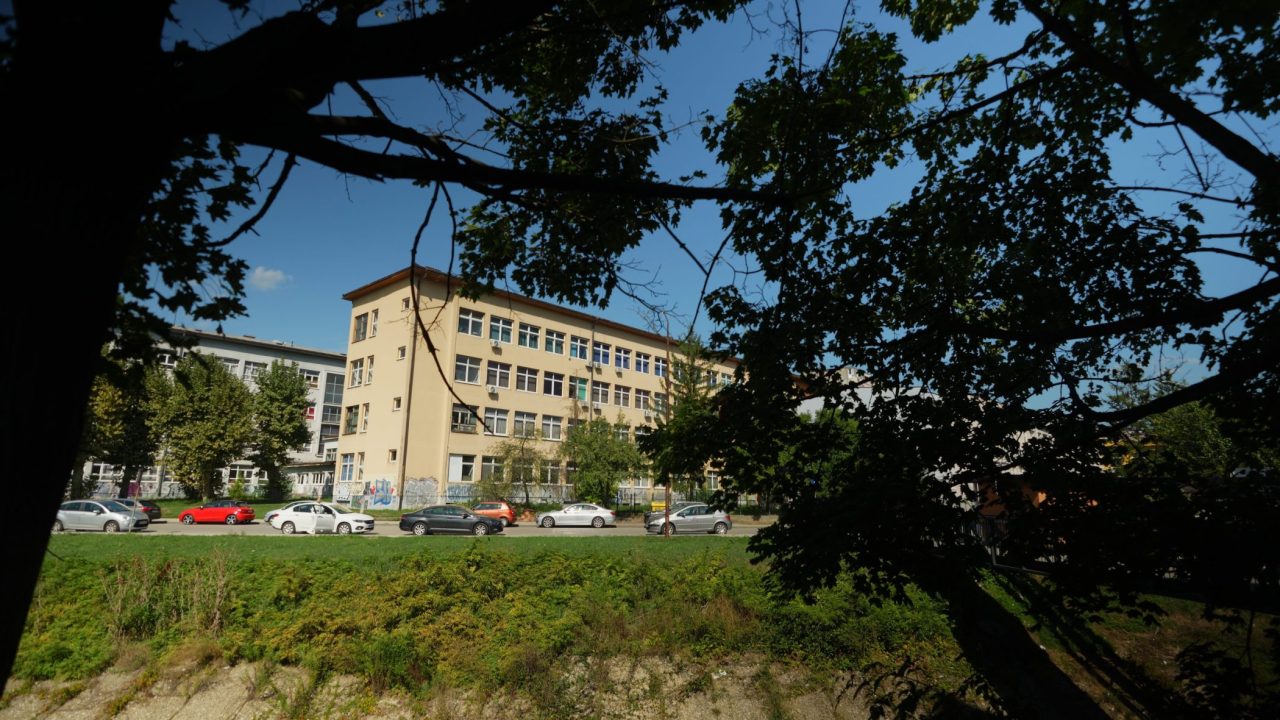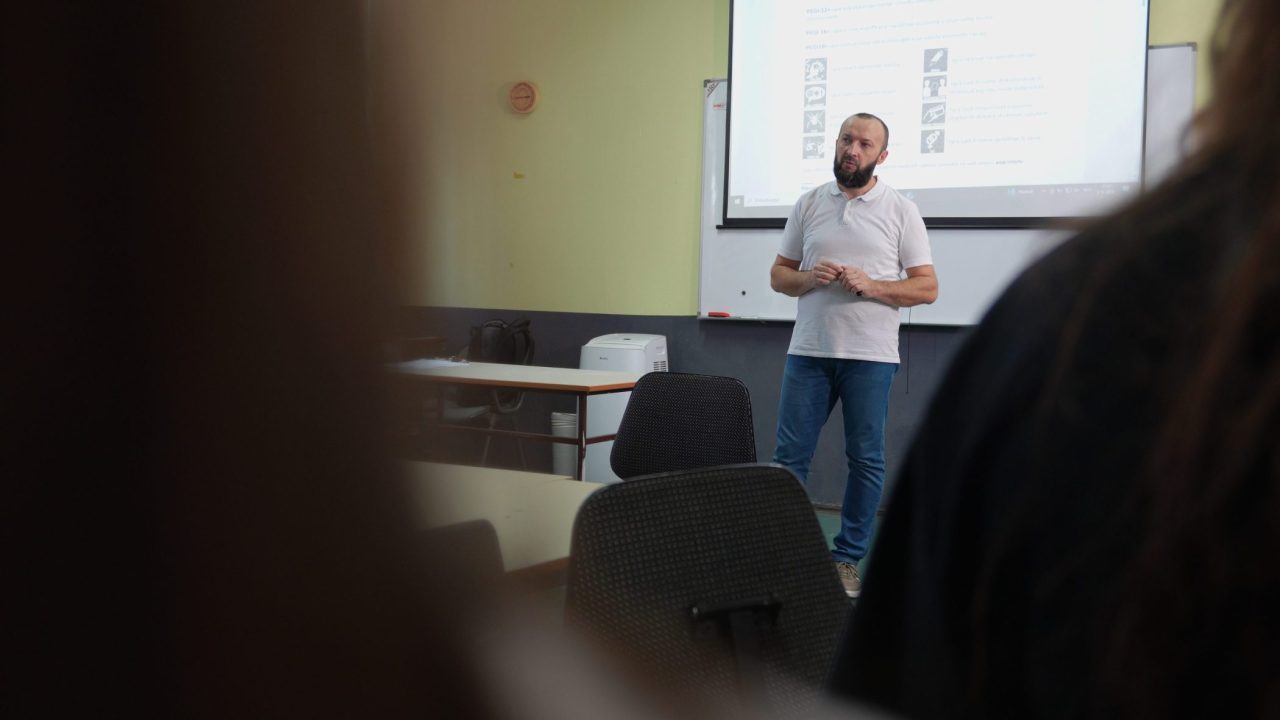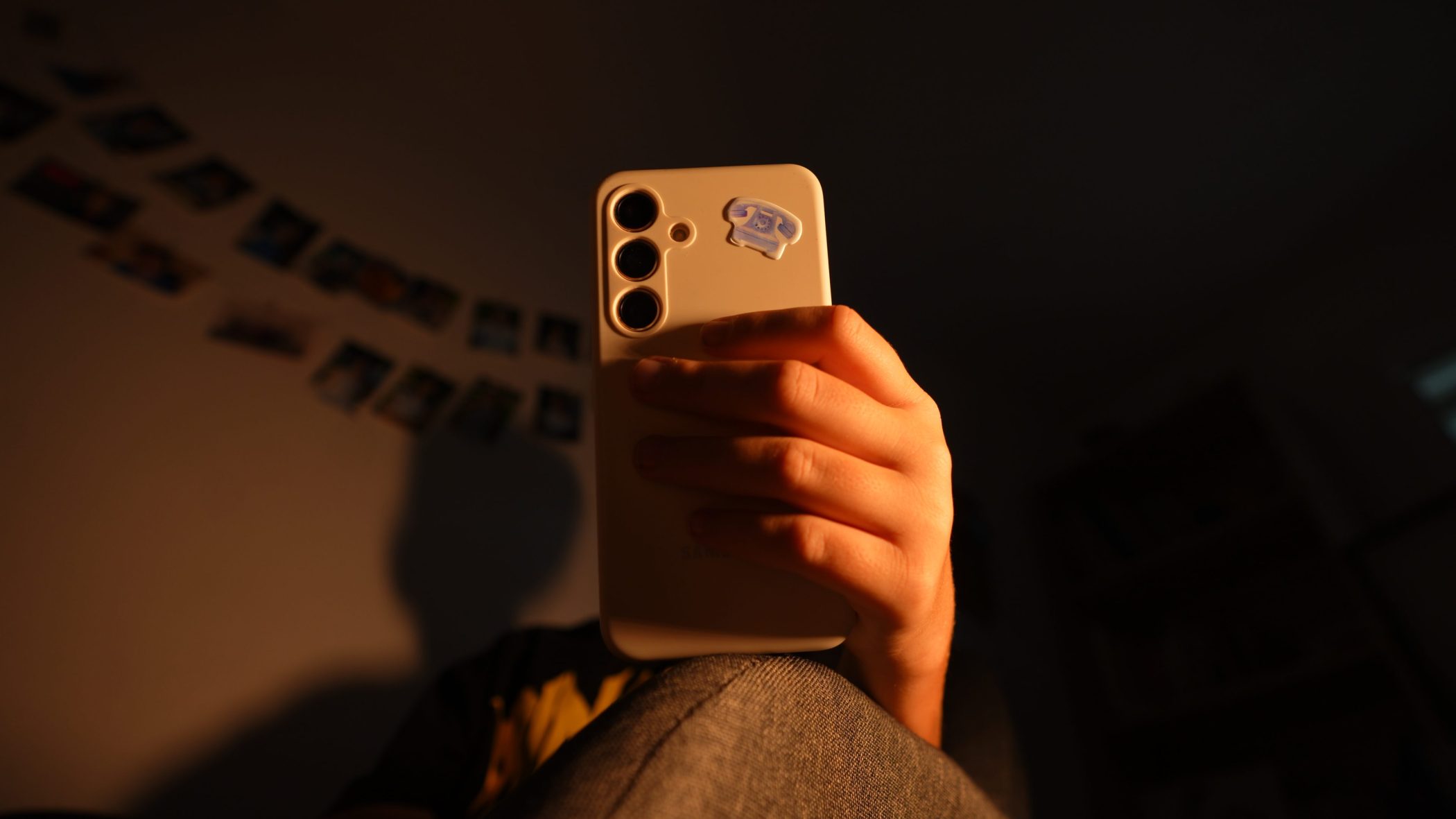This post is also available in: Bosnian
“They are one click away from accessing the most monstrous and inappropriate content for their age, so this is essential today,” Vanja says.
Her eldest daughter, who is in the ninth grade, takes her mobile phone to school. But some teachers insist that students put away their phones in a box at the beginning of a class, while others agree with the pupils that phones are not to be used during class.
But for Vanja, talking openly with her children remains the most important thing.
“I check up on this more through our everyday conversations than actually by intruding into their phones. Unfortunately, today they can be targets for everything from violence, paedophiles and very inappropriate content to pornography,” she says.
She says that the internet content restriction was discussed at school, but she is not familiar with the programme aimed at protecting students in Republika Srpska from violent and other inappropriate online content.

The Ministry of Education and Culture of Republika Srpska, in cooperation with telecoms company m:tel, is implementing a ‘Safe Net’ service in schools. The aim of the project is to filter content and protect against various threats on the internet. Following a testing phase in five schools, it has been introduced in around 200 elementary and high schools in the entity since 2024.
M:tel’s spokesperson Stefan Licina explains that during the testing phase, content such as YouTube or other platforms used by teachers as part of their teaching methods was barred.
“During that period, some of the content was modified and the Ministry of Education, as a contracting party and the relevant authority, requested that certain content be allowed for students, so now there is what is called a positive and a negative list,” he says.
When asked how to balance the protection of students in the digital arena with the right to access all publicly available information, Licina says that the Ministry of Education and Culture is responsible for the filtering policy and decides what content will be allowed and what will be prohibited.
The Ministry of Education did not agree to be interviewed by Detektor. We have been unable to find any information about the content filtering process on its official websites.
In its earlier response to Detektor, the Ministry explained that the prohibited material included content promoting weapons, drugs, terrorism, violence, online gambling, online gaming, as well as other content it deems unacceptable for minors.
For now, content control is still conducted on a voluntary basis. In order for it to function, students must activate the service on their phones. Other networks that operate in Bosnia and Herzegovina besides m:tel are still not covered in Republika Srpska.
Experts working with children believe that digital content filtering in schools is necessary, but it can also be misused.
Aida Ivkovic, programme manager for child protection at Save the Children, believes that the services that envisage content filtering should be transparent, so experts and parents can be involved in ensuring they work well.
She adds that in every activity related to children, it is essential to consider the best interests of the child and take into account children’s rights.
“The very purpose of doing such projects is driven by good intentions. However, it is really necessary to approach this seriously and to critically reflect on how it can be realised. At the same time, efforts must be made to avoid all the traps related to the possibility of violating children’s rights during this process,” she says.
Ivkovic believes that Bosnia and Herzegovina can benefit from the positive experiences of European countries in protecting children online.

The CBS De Spiegel elementary school in The Hague in the Netherlands uses the Impero software to block harmful content at the school. Saskia Steggerda, a teacher at the school, explains that they use the safe search tool on the internet, so Google does not automatically display all search results.
“With this programme, we can watch what the kids are doing on their laptop … I can freeze a screen or send a kid a message like: ‘That is not what you are supposed to do, start doing your work’, or something like that, I can close programmes,” she says. She adds that the school consulted parents before starting to use the programme.
Students are not allowed to bring their mobile phones into the Dutch school. In high schools, Dutch law prohibits the use of mobile phones. Steggerda believes that blocking certain content lead to the possibility of pupils being subjected to political influence.
“I think the programme is using AI, and you can feed AI information and it will send you in a certain direction. So that is always a possibility. That is why we work together with a company that helps us with the rules around AI,” she explains.
In the Federation entity, schools still do not have content filtering for students. They learn about cyber bullying and safe internet use in homeroom classes and computer science lessons.
Nijaz Halilovc, a computer science teacher at the First Elementary School in Srebrenik, says he has noticed that students mostly tend to play online games, and that various advertisements and other inappropriate content can be found on such sites.
“And then we, or at least I as a computer science teacher, use such moments to show students through a real-life example what inappropriate content is, which advertisements aren’t good, how we should disable and block them,” Halilovic explains.
He believes that content filtering would be useful for lower-grade students, and over time, when students acquire enough digital literacy to make their own decisions about what to search for or what is good and not good for them, the filters could be turned off.
Schools have no oversight of what students do at home when they are alone, he adds.

The Ministry of Education and Science of Tuzla Canton currently has no plans to introduce a service that would filter digital content for students.
Elmir Tukic, head of the Department for Informatisation at the Ministry, believes that such approach in schools is not advisable.
“We have cases like Belarus or North Korea, which actually do not allow their citizens, including both students and older citizens, to have access to certain content from platforms that are not close to the authorities and their policies. I think this is not good for society and the community,” Tukic says.
He adds that in the Tuzla Canton, students are allowed to use mobile phones for educational purposes, particularly as it has an education system in which schools are not equipped with technical aids.
For psychologist Dzelila Mulic-Corbo, limiting content on the internet can have a protective function, but it can also lead to unwanted consequences.
“If content filtering is quite rigid and without dialogue, it can be perceived as punishment and it can certainly be perceived as a deprivation of freedom, which it is in that sense,” the psychologist says.
While educating children, it’s necessary to develop their sense of empathy and self-confidence, she adds.
“That is actually a protective factor when they are exposed to inappropriate content [or] cyberbullying,” Mulic-Corbo says.



